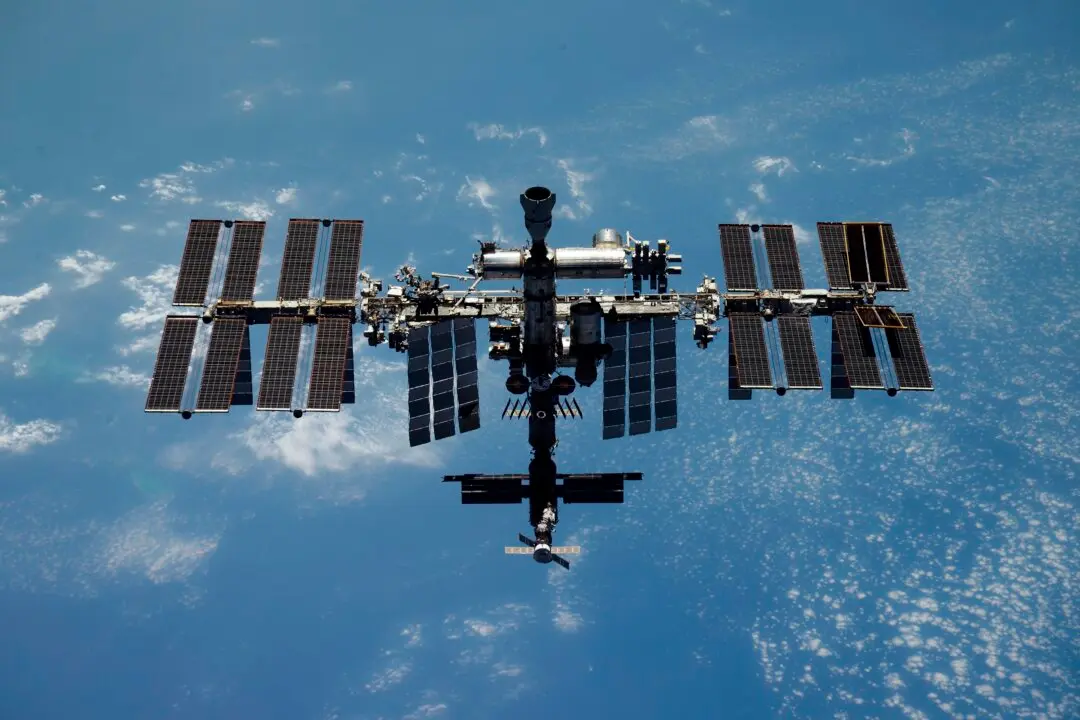SpaceX and NASA postponed on Feb. 27 the launch of the International Space Station’s (ISS) next crew because of a last-minute technical problem.
The rocket was supposed to lift off at 1:45 a.m. local time from NASA’s Kennedy Space Center in Cape Canaveral, Florida, but the countdown was stopped by engineers overseeing the ground systems. An issue related to the TEA-TEB ignition fluid, which is used to set off the engines for the 230-foot-tall Falcon 9’s rocket at liftoff, was found to be the direct cause.





